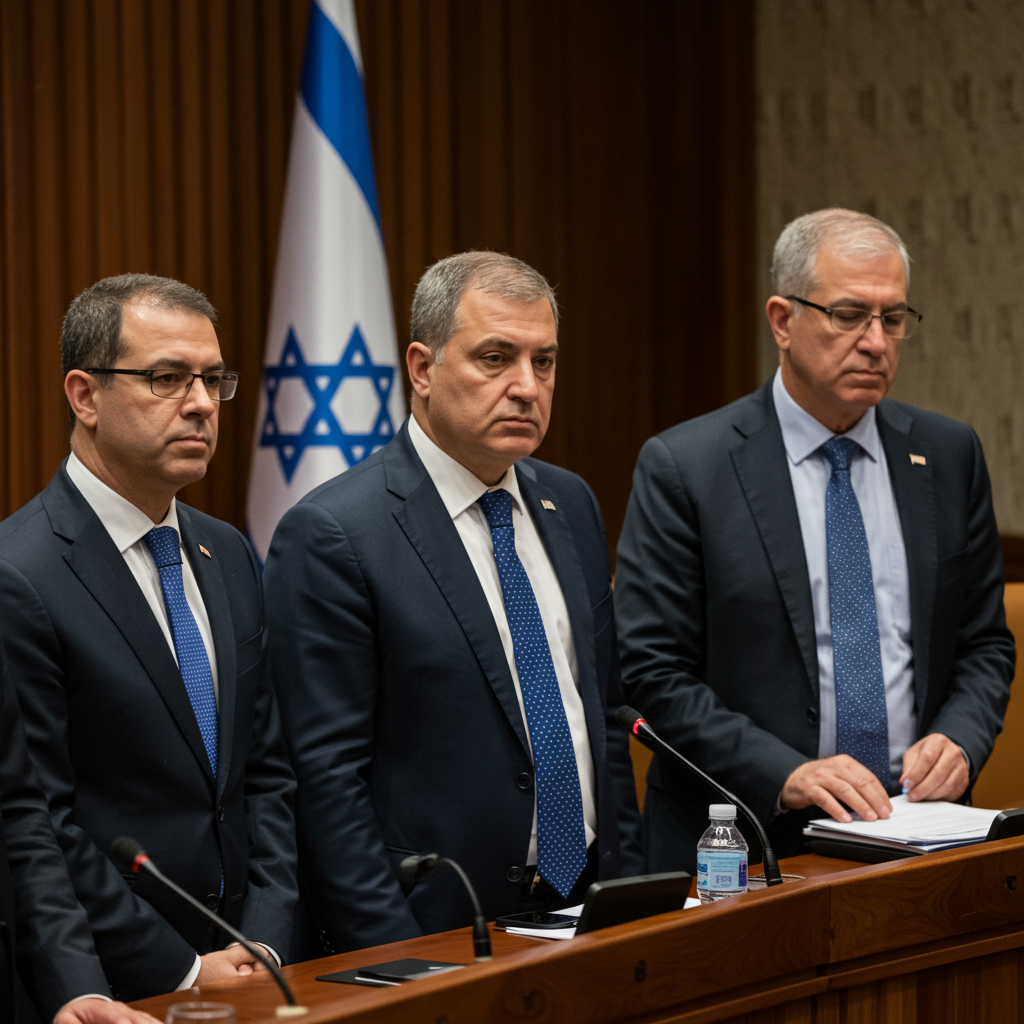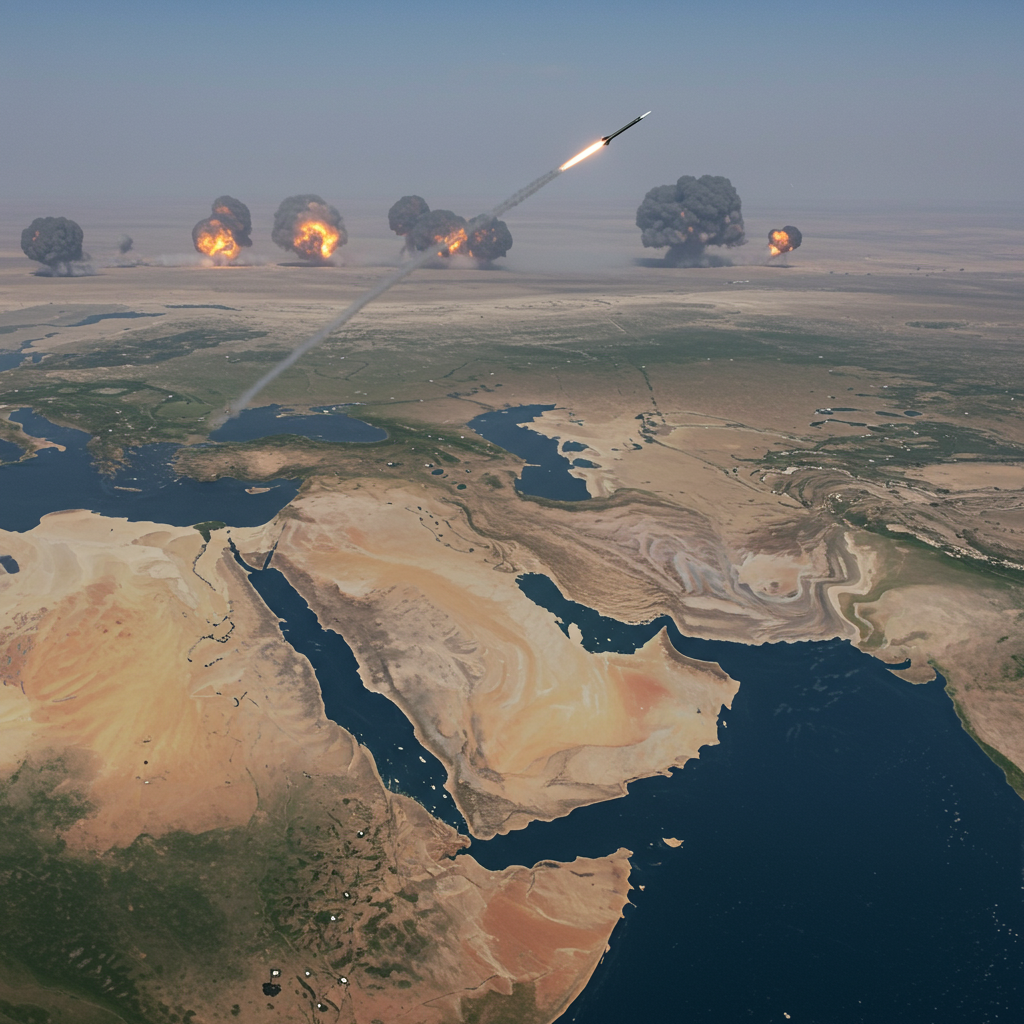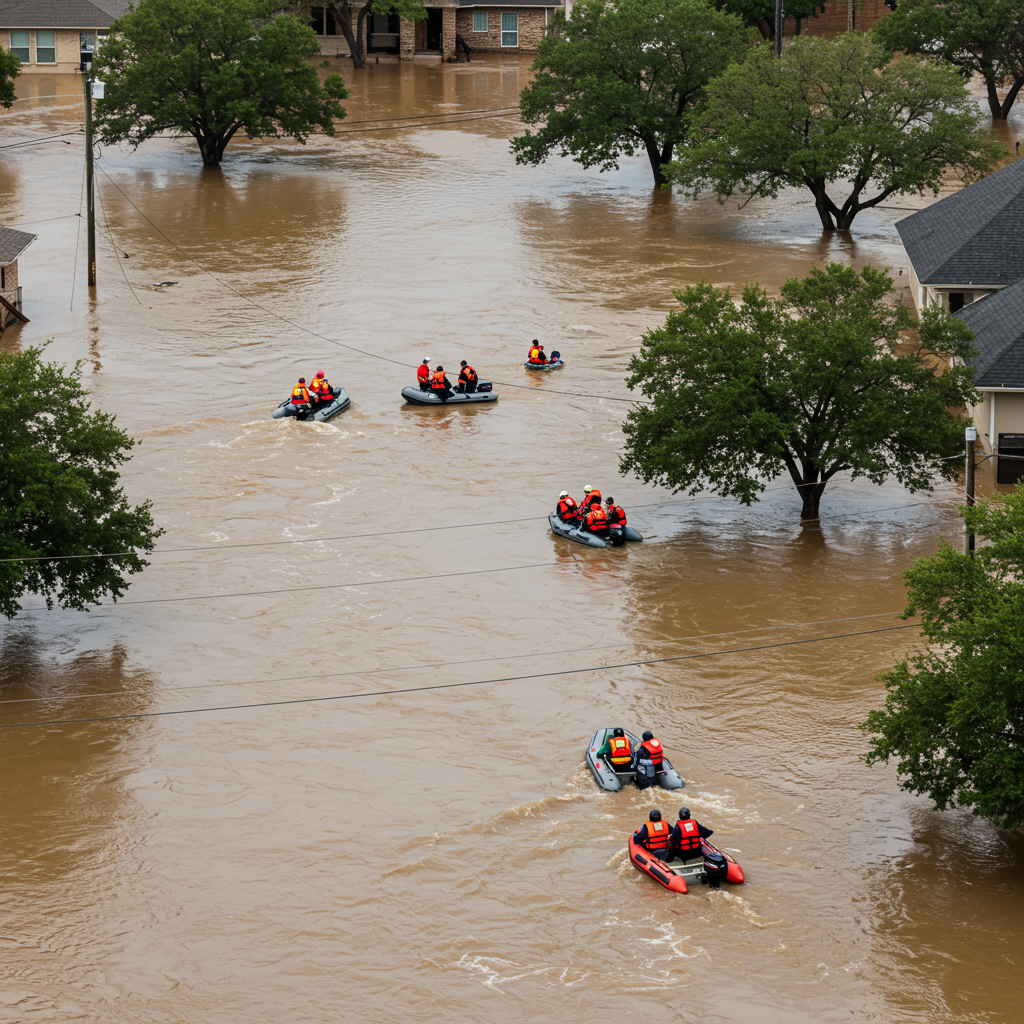Escalation in Israel-Iran Conflict: Hospital Hit Prompts Israeli Vow to Intensify Attacks
The already volatile conflict between Israel and Iran reached a critical point on Thursday, June 19, 2025, when an Iranian missile struck the Soroka Medical Center, a major hospital in Beersheba, southern Israel. The attack, which caused significant damage and resulted in dozens of minor injuries, drew swift and fierce condemnation from Israeli leaders, who vowed to escalate their retaliatory strikes against Iran.
The strike marked the first direct hit on an Israeli hospital since hostilities erupted days earlier. While a hospital spokesperson confirmed no serious injuries to patients or staff, as the impacted area had been largely evacuated, eyewitnesses described extensive damage, including blown-out windows, smoke, and falling debris. In addition to the Beersheba strike, Iranian missiles also hit areas near Tel Aviv, including a high-rise building and residential structures. Israeli authorities reported a total of 271 people wounded across the country on Thursday, with four seriously injured.
Adding to the concern, Israel’s Home Front Command issued a warning about a new threat: “dispersal munitions” or cluster bombs fired by Iran. One missile was described as releasing approximately 20 smaller bomblets across a wide radius, posing risks to civilians, though their individual destructive power is less than typical ballistic missile warheads.
Iran’s state media, citing the Revolutionary Guards, claimed its primary targets near Soroka Hospital were Israeli military installations, not the health facility, a claim Israel disputed.
Israel Targets Nuclear Sites and Vows “Full Price” Retribution
In response to the hospital attack and continued missile barrages, Israeli leaders signaled a significant intensification of their campaign. Defense Minister Israel Katz accused Iran of committing “war crimes of the most serious kind” and stated that Supreme Leader Ayatollah Ali Khamenei would be held accountable. He announced instructions for the Israeli military to increase the intensity of attacks against “strategic targets” and “governmental targets” in Iran and Tehran, aiming to counter threats and destabilize the Iranian regime. Prime Minister Benjamin Netanyahu echoed this resolve, vowing to “exact the full price from the tyrants in Tehran” and eliminate Iran’s nuclear and ballistic missile threats.
Israel has been actively targeting Iran’s nuclear infrastructure in recent days. Strikes hit an inactive heavy water reactor under construction at Arak, aimed at preventing plutonium production, and a nuclear production facility in the Natanz region. While Iranian state media claimed no serious damage at Arak, the International Atomic Energy Agency (IAEA) confirmed the hit but stated the facility was non-operational and contained no nuclear material, thus posing no radiological risk. Concerns persist, however, about the deeply buried Fordow enrichment plant, which experts believe may require specialized US “bunker-buster” bombs and potentially B-2 bomber capabilities to destroy.
Trump Weighs US Military Action Amid Diplomatic Efforts
Amidst the escalating exchanges, the possibility of direct US military involvement remains uncertain but is actively being considered. White House Press Secretary Karoline Leavitt announced that President Donald Trump will make a final decision on whether to authorize a US military strike against Iran “within the next two weeks.” This timeline, she indicated, is influenced by a “substantial chance of negotiations that may or may not take place with Iran in the near future.”
Trump’s administration maintains that Iran must not obtain a nuclear weapon and is prepared to use military strength if diplomacy fails. The US special envoy, Steve Witkoff, is reportedly in contact with Iranian officials. The US is already providing significant defense assistance to Israel, including THAAD missile batteries, Aegis ships, and pilots assisting in intercepting drones. Trump has publicly acknowledged the US capability to strike Iranian nuclear sites but prefers to wait, suggesting he believes Iran is in a “very weak and vulnerable position.”
Internationally, diplomatic efforts are also underway. Foreign ministers from Germany, France, and the United Kingdom are scheduled to meet with their Iranian counterpart in Geneva on Friday, marking the first formal talks between European and Iranian officials since the conflict began. Notably absent from these discussions are Israeli and American officials, tempering expectations for immediate de-escalation through this channel. China and Russia have also called for restraint and a cease-fire, particularly warning against attacks on Iranian nuclear facilities.
Wider Implications and Humanitarian Impact
The conflict has broader regional implications, including concerns for maritime security. The Strait of Hormuz, a vital global oil transit point, is viewed as a potential flashpoint, with Iran retaining the capability to threaten shipping through mining, despite Israeli strikes diminishing other military assets. Regional allies like Hezbollah in Lebanon have condemned Israeli actions, but analysts suggest their capacity for a sustained intervention may be limited by previous conflicts.
On the ground in Iran, the situation is dire. A near-total internet blackout has cut off most Iranians from the outside world, with authorities citing cyberattacks and the need for defensive measures. Reports from Tehran describe deserted streets, empty shops, long lines for gas, and widespread fear and uncertainty. Human rights groups estimate significant civilian casualties in Iran from Israeli strikes, placing the death toll higher than official figures. UN officials and humanitarian organizations have voiced alarm over the damage to civilian infrastructure in both countries, including hospitals and residential areas, emphasizing the growing humanitarian crisis and calling for restraint to prevent further regional conflagration. The historical context of foreign intervention in Iran, such as the 1953 coup, adds a layer of deep-seated suspicion influencing current Iranian perspectives on external actions.
As the conflict enters its second week, Israel’s vow to intensify strikes, coupled with Iran’s continued attacks and the looming decision from President Trump, underscore the critical and unpredictable nature of the situation, with regional stability and the fate of Iran’s nuclear program hanging in the balance.



